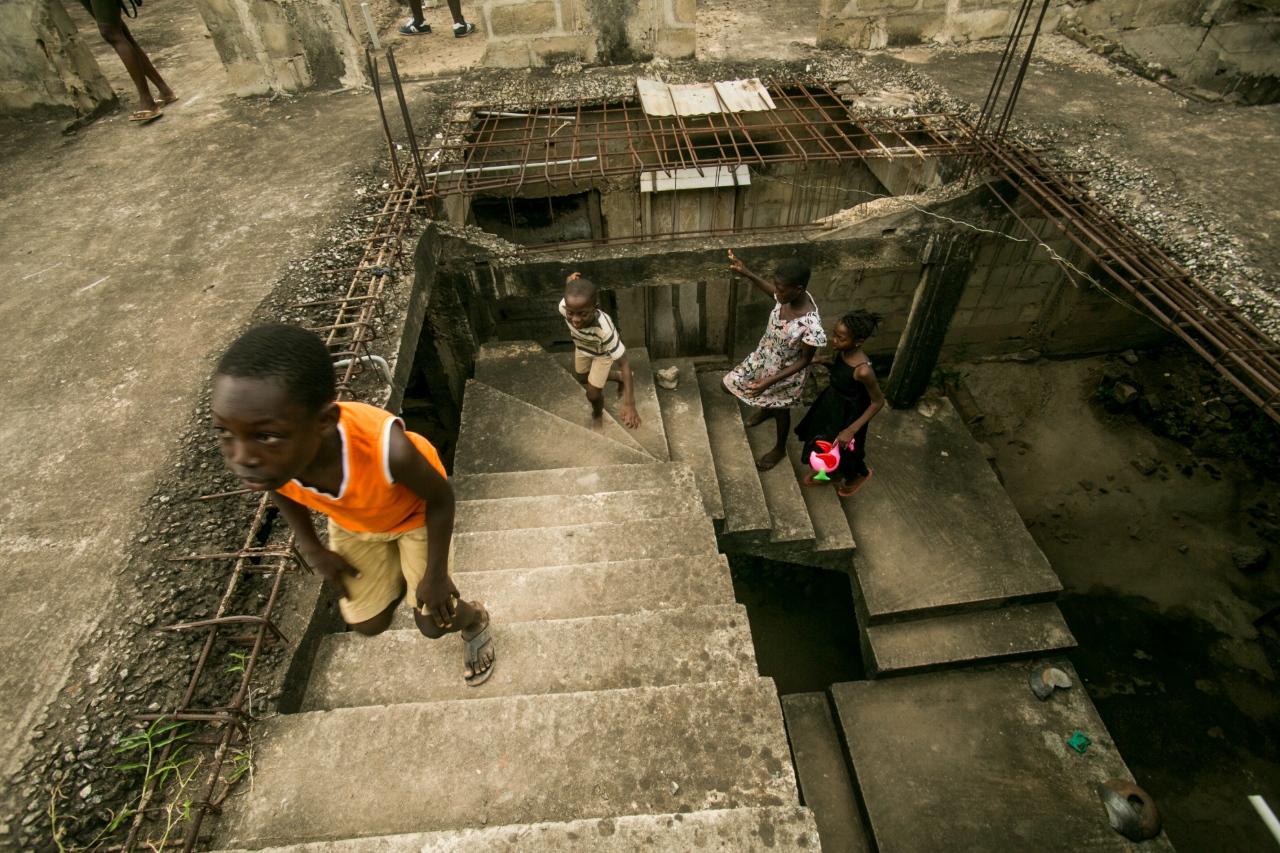

People can get refugee status when a government or international organization such as the U.N. Why people are remaining refugees for longer In the absence of legal protection outside their home countries, refugees’ livelihoods and well-being often remain in jeopardy, an effect that can span generations. My research shows that host countries’ interests in protecting the rights and services of their own citizens keeps refugees from being fully integrated into society or obtaining citizenship.

I have closely followed the trajectory of Kutupalong, which grew to become the largest refugee camp in the world in 2017. I am a Bangladeshi scholar who researches refugees’ everyday lives. Yet no path to return,” Jafar, a 27-year-old Rohingya refugee, told me during my fieldwork in the Kutupalong refugee camp in Bangladesh in July 2022. Now, we are hanging in uncertainties – no right to attain higher education, no permission to work, no claim over property. “We escaped our home and belonging to save our lives from bullets. These talks show the real-life effects of people remaining refugees for years. I have spent years interviewing Rohingya people – members of an ethnic minority who have lived in Myanmar for centuries but without actual citizenship – in refugee camps in Bangladesh. Typically, because of domestic political pressure and other issues, the countries hosting refugees do not want to offer them permanent residency. WATCH: Why more Rohingya refugees are making desperate journeys by sea These are people who do not have a clear path to residency in any country but are unable to return to their homes because they are unsafe. And the number of people remaining refugees for five years or longer more than doubled over the past decade, topping 16 million in 2022. Refugees live in a legal limbo that can increasingly stretch for decades. The number of people forced from their homes, primarily because of conflict or climate change, is on the rise, topping 100 million people in 2022 – more than double the number of displaced people in 2012.Ībout a third of those 100 million people are refugees.


 0 kommentar(er)
0 kommentar(er)
